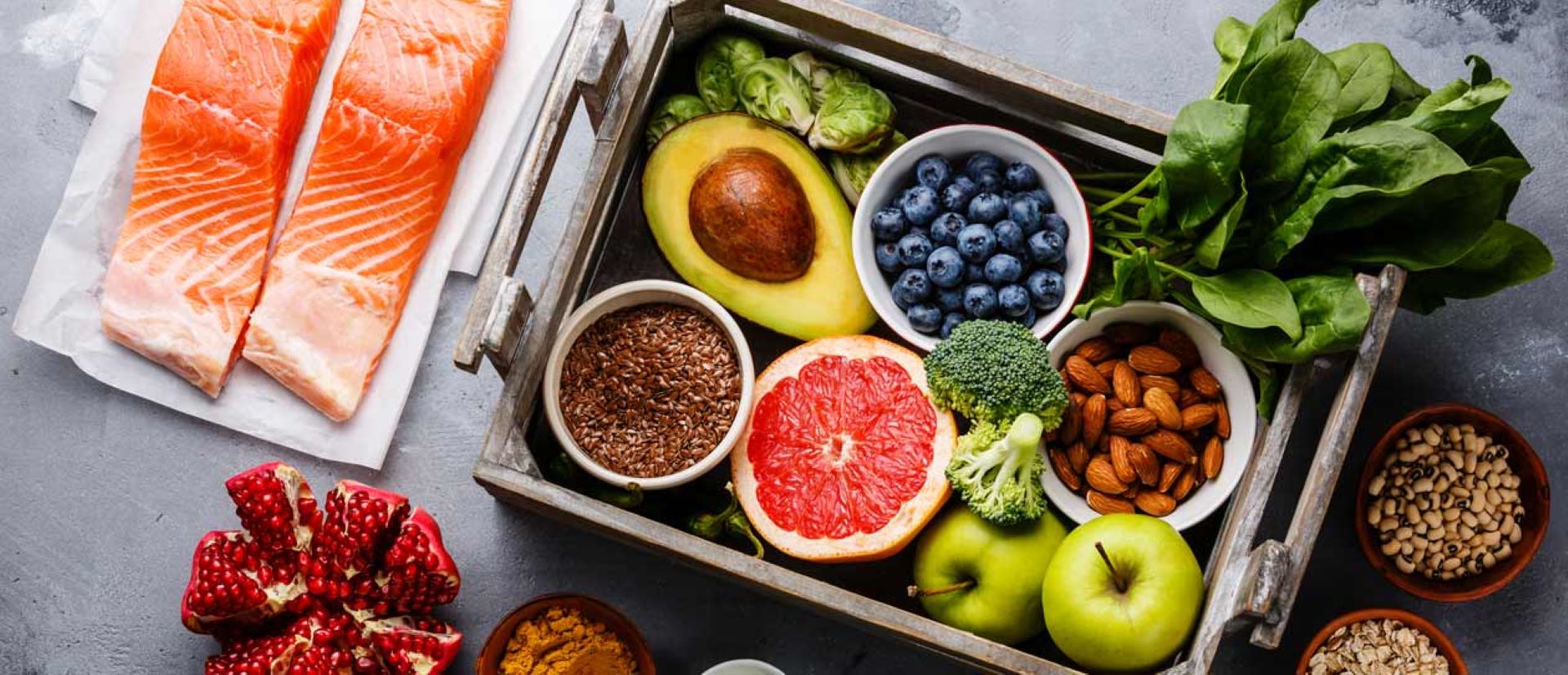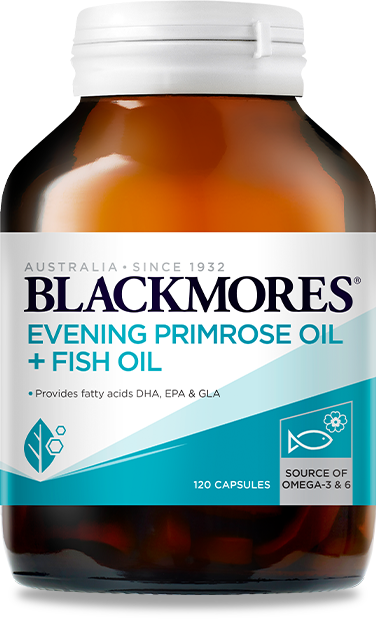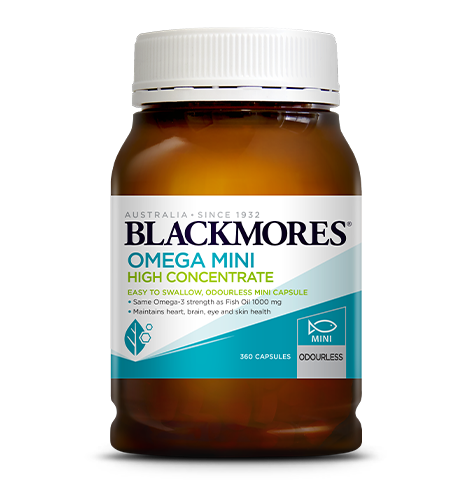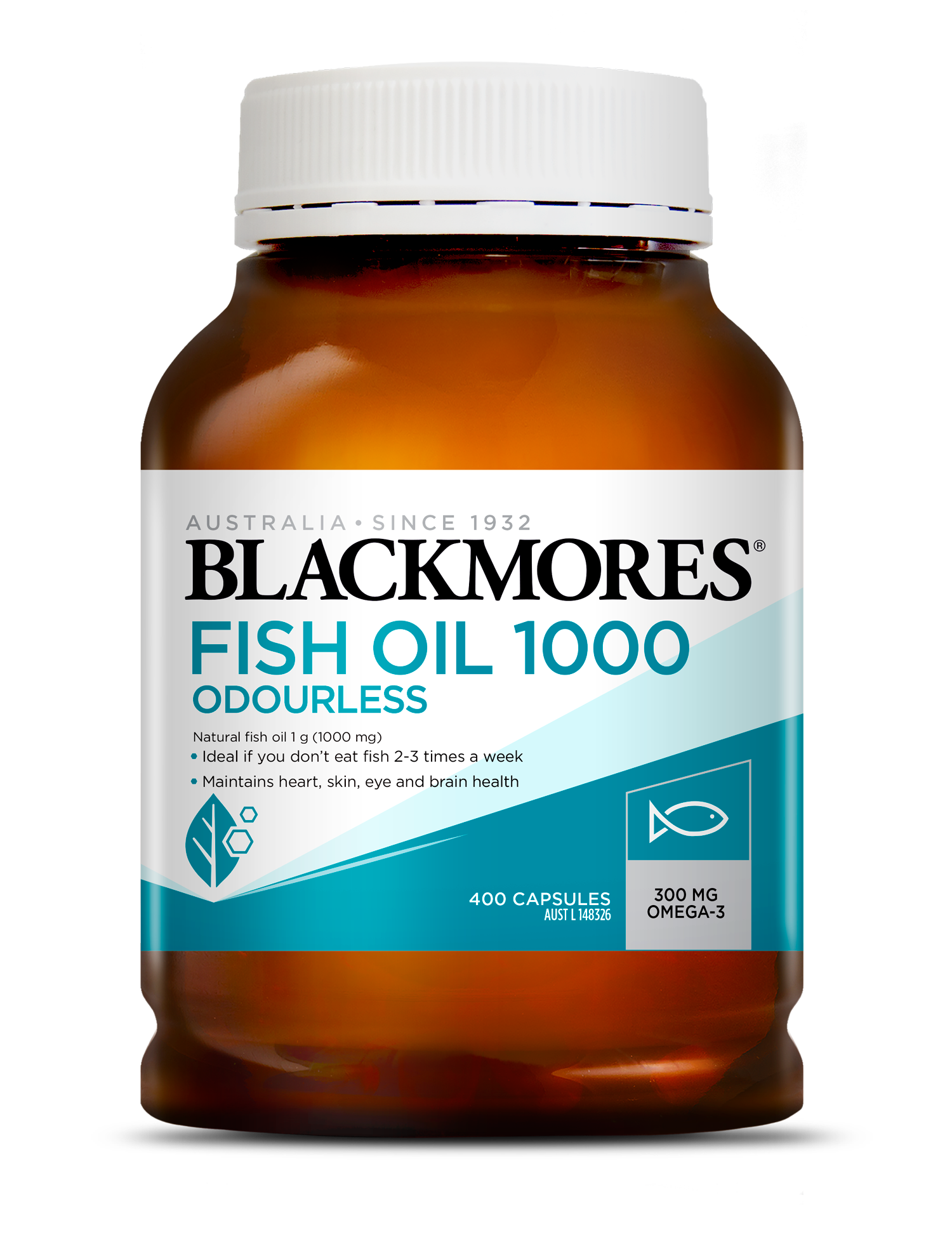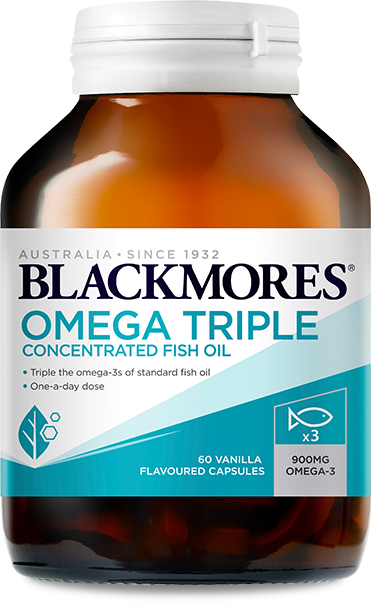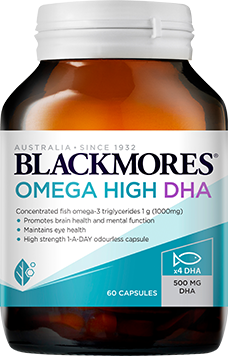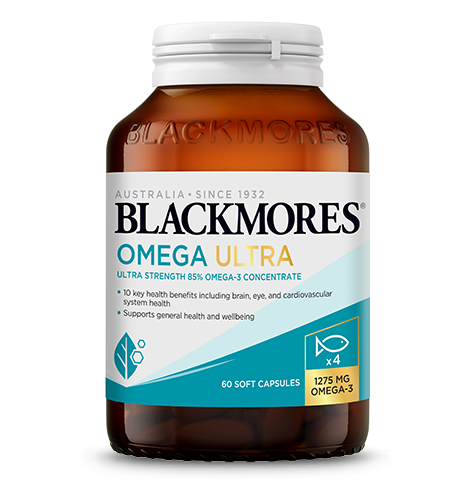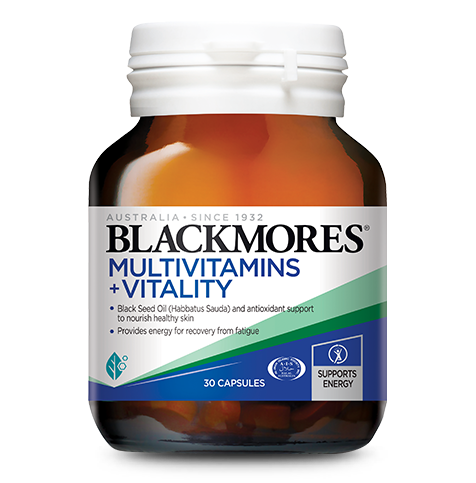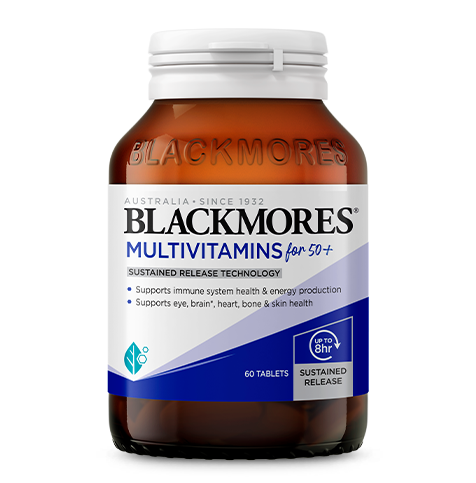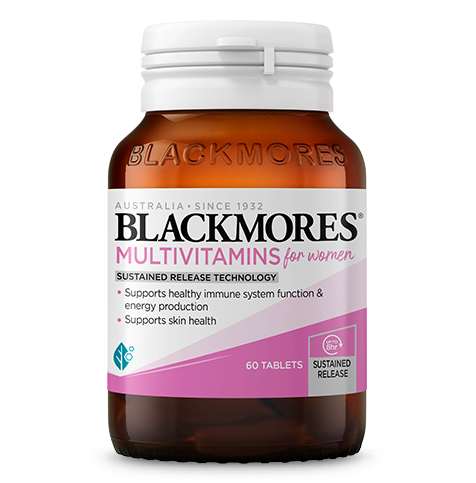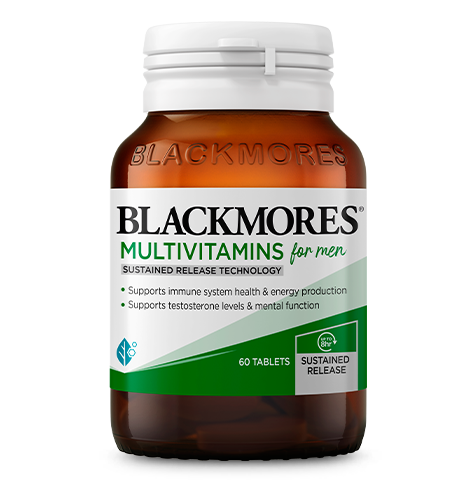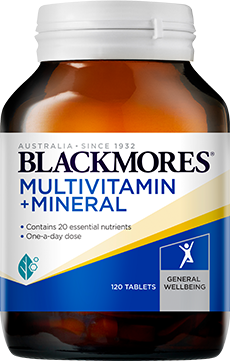What are the 6 essential nutrients?
You probably already know about dietary guidelines that recommend eating plenty of vegetables and at least two serves of fruit a day.
They’re the same guidelines that suggest opting for mostly wholegrains when you’re choosing things like bread, rice and pasta . And then there’s the advice to eat fish two or three times a week and make a variety of nuts a routine part of your diet .
But do you know why these foods should play a starring role in your meals, which foods contain what nutrients, and why those nutrients matter so much anyway?
Here’s what you need to know about the six nutrients your body needs to be healthy.
1. Carbohydrates
Why you need carbohydrates
In a nutshell, carbohydrates are your body’s preferred source of fuel. Once they hit your digestive system, they get broken down into simple sugars – mainly glucose – which cells burn to produce energy .Carbohydrate foods
Grain-based foods like bread, breakfast cereal, rice and pasta are good sources, but fruit, legumes, milk, yoghurt and starchy vegetables also contain carbohydrates – and some affect blood glucose levels more quickly than others.
2. Protein
Why you need protein
Protein is made up of amino acids, which the body’s cells rely on to grow and repair. Amino acids are also vital for building and maintaining muscle, and they’re the building blocks for a few different hormones and brain chemicals .Protein foods
Sources of protein include lean meat, poultry and fish, eggs, dairy products, seeds and nuts, beans and legumes and soy products like tofu, although not all types of protein are created equal
3. Fats
Why you need dietary fats
As well as supporting cell growth, dietary fats play a role in hormone production and improve the absorption of some vitamins . Plus, while some fats, like saturated and trans fats, have a negative impact on heart health, others can be beneficial for heart health .Dietary fat foods
Sources of ‘good’ fats include seafood, nuts, avocados and some oils, including safflower, olive and canola . Sources of unhealthy fats that should be avoided include deep-fried foods, processed meats, pastries, cakes and biscuits.
It’s also a good idea to choose lower-fat options if you eat meat and dairy foods and you’re actively managing your cholesterol
4. Vitamins
Why you need vitamins
There are actually 13 essential vitamins , so it’s more a case of why you need ‘them’. Generally speaking, your body requires vitamins for a variety of metabolic processes , but each vitamin plays a slightly different role. For example, while vitamin A is required for eyesight, growth and a healthy immune system, vitamin D is needed for strong bones and teeth, and without vitamin K, your blood would have a hard time clotting .Vitamin-rich foods
Depending on the vitamin, good sources include fruit and vegetables, dairy foods, eggs, fish, wholegrains, meat and nuts and seeds . For this reason, a varied diet is required to provide sufficient amounts of every vitamin.
5. Minerals
Why you need minerals
Like vitamins, your body needs more than one mineral to function well, including calcium, iron, zinc, potassium and magnesium . Each mineral has a different job, so while some promote wound healing, others transport oxygen around the body or help the brain function .Mineral-rich foods
Just like vitamins, no one food delivers all the minerals your body needs, so eating a healthy, balanced diet is vital.
6. Water
Why you need water The most obvious reason you need water is because it’s the best choice to keep your body hydrated. But it also forms the basis of everything from your blood to your digestive juices and your perspiration – so without water, your body would struggle to regulate its temperature. Many other bodily functions also rely on water .Water sources
‘Water’ is obviously water, but food contains a certain amount, too. In fact, it’s thought that about 20 per cent of your body’s daily water requirement is met by eating.
